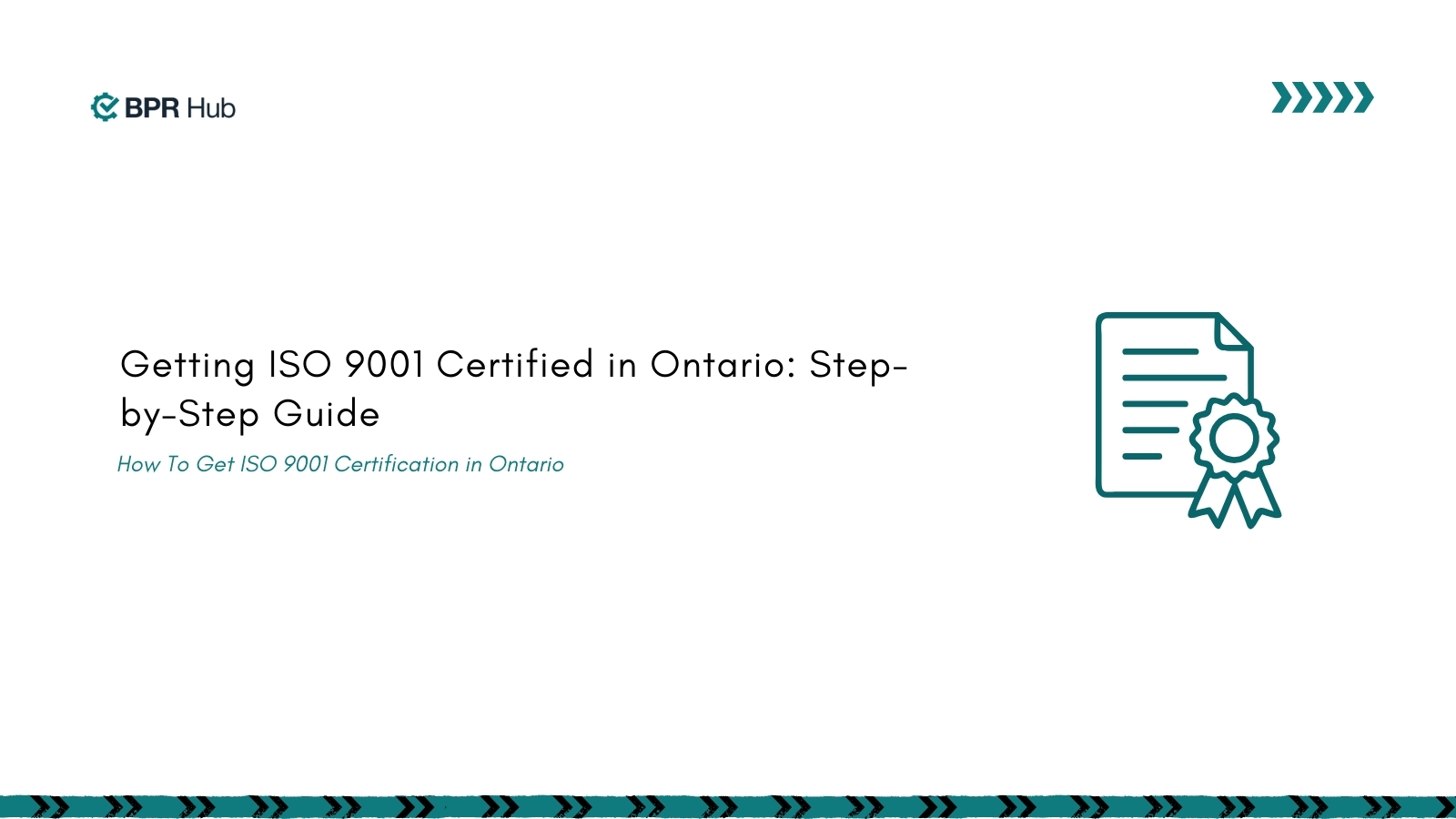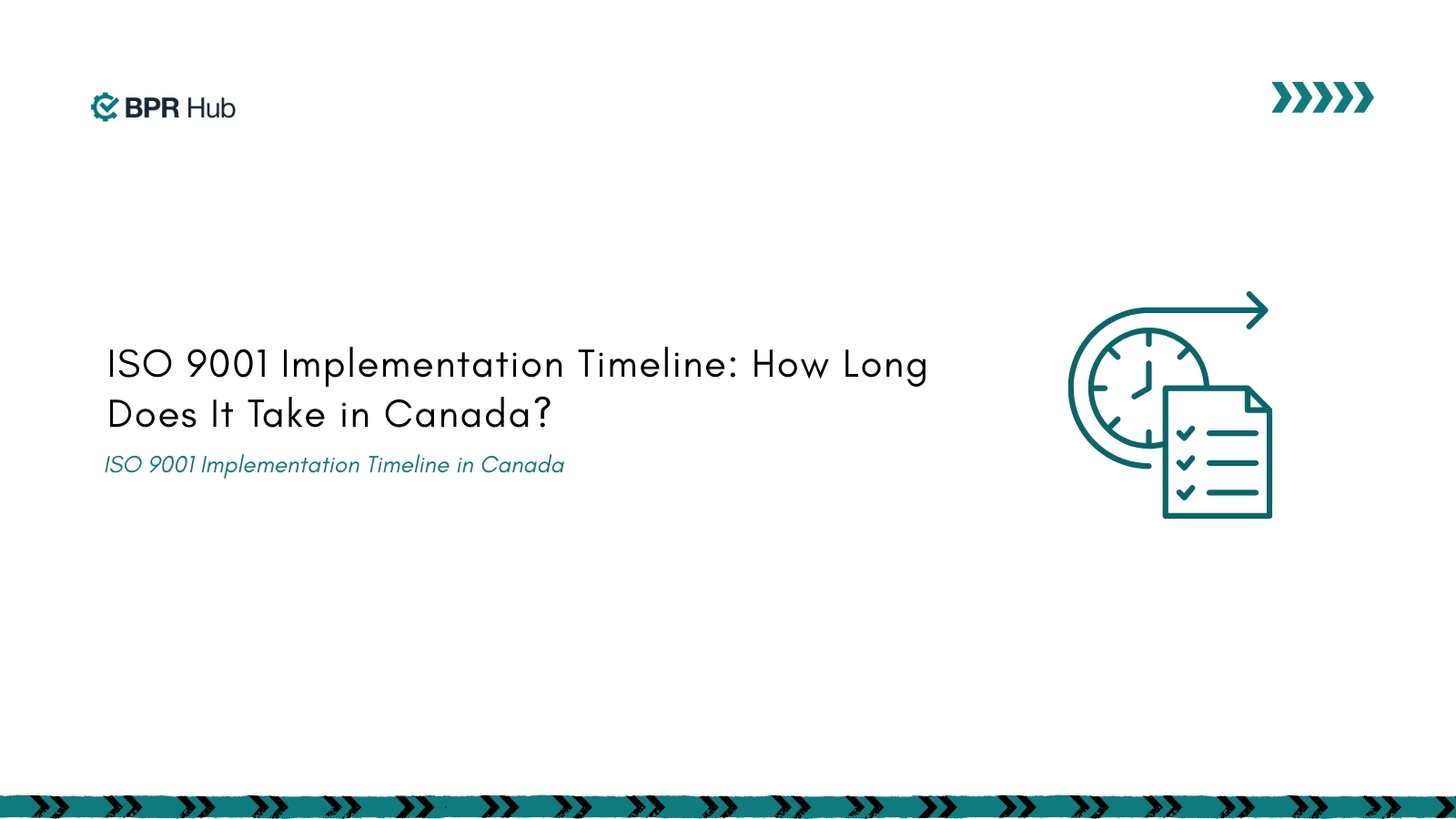A survey revealed that 73.3% of healthcare professionals reported significant benefits from adopting ISO-oriented Quality Management Systems, including continual improvement and enhanced quality processes. Could your organization benefit from these certifications? The medical industry, governed by stringent regulations, faces constant challenges in maintaining service quality while meeting compliance requirements.
Operating in a high-stakes healthcare environment demands more than compliance. ISO certifications such as ISO 9001 and ISO 13485 empower organizations to enhance care quality, improve patient safety, and open doors to global opportunities.
Let’s explore how adopting these standards can significantly benefit your organization.
1. Enhanced Quality of Patient Care
High-quality patient care is the cornerstone of any healthcare organization. ISO standards such as ISO 9001 healthcare standards for Quality Management Systems provide a structured framework for organizations to consistently deliver superior services.
Key Benefits
- Establishing clear processes and standard operating procedures (SOPs) to minimize variability and ensure uniformity in patient care delivery.
- Enabling consistent quality management practices directly contributes to improved patient satisfaction, better outcomes, and long-term trust in your services.
- Encouraging a culture of accountability and continuous improvement among healthcare staff, fostering collaboration and excellence.
ISO standards set the stage for consistent and high-quality patient care, building a foundation that positively impacts every aspect of service delivery. Now that we’ve laid this foundation, let’s explore how these standards actively safeguard patient safety.
2. Improved Patient Safety
Patient safety is a critical concern, and ISO standards like ISO 13485 for medical devices and ISO 45001 for occupational health and safety provide a robust framework for identifying and mitigating risks.
Key Benefits
- Identifying and mitigating potential risks before they escalate, significantly reducing the likelihood of adverse events and ensuring safer patient environments.
- Guaranteed full compliance with the most up-to-date and stringent safety regulations, avoided penalties, and maintained organizational credibility.
- Elevating the proficiency of healthcare staff by offering targeted training and awareness programs that empower them to act decisively in critical situations.
When safety is prioritized through ISO standards, healthcare organizations foster trust and reliability. This strong foundation in safety paves the way for streamlined compliance processes, which we will examine next.
3. Streamlined Regulatory Compliance
Meeting regulatory requirements is often complex, but ISO standards provide a roadmap for compliance. For example, ISO 13485 is widely recognized by regulatory bodies as a prerequisite for medical device approval.
Key Benefits
- Simplifies adherence to complex international and national regulations by providing a clear framework that is easy to implement and maintain.
- Minimizes the risk of penalties, fines, and legal complications through proactive compliance strategies.
- Strengthens trust and credibility with patients, regulatory bodies, and industry stakeholders, fostering long-term partnerships and a positive reputation.
ISO standards simplify the often overwhelming process of regulatory compliance, allowing organizations to focus on service quality. Once compliance is under control, efficiency gains and cost savings naturally follow—a topic we’ll delve into next.
4. Increased Efficiency and Cost Savings
ISO standards encourage organizations to improve their workflows, eliminating redundancies and reducing errors. This not only improves efficiency but also leads to significant cost savings over time.
Key Benefits
- Streamlining workflows to reduce delays and bottlenecks by enabling effective collaboration across departments and minimizing downtime.
- Automating repetitive tasks to save time, reduce human errors, and allow staff to focus on high-value activities.
- Lowering operational costs by identifying inefficiencies, eliminating redundancies, and optimizing resource utilization for sustained cost-effectiveness.
Efficiency gains free up resources that can be redirected to critical areas like patient care and innovation. With smooth operations enhanced, the next step is ensuring the protection of sensitive patient data, which we’ll discuss next.
5. Enhanced Data Security and Confidentiality
In an era where healthcare organizations increasingly rely on digital systems, protecting sensitive patient data is critical. ISO 27001 for Information Security Management offers a framework for safeguarding data.
Key Benefits
- Minimizing the risk of data breaches and unauthorized access by implementing stringent security protocols and advanced encryption methods.
- Enabling seamless compliance with critical data protection regulations such as HIPAA and GDPR, ensuring patient data integrity and legal adherence.
- Strengthening trust and confidence among patients and stakeholders by demonstrating a proactive approach to data security and privacy.
Securing patient data through ISO standards not only mitigates risks but also strengthens the trust patients place in healthcare organizations. This trust and credibility extend beyond borders, as we explore in the next section on global recognition.
6. Global Recognition and Market Access
ISO certifications are internationally recognized, providing a universal mark of quality that helps organizations stand out in competitive industries. This recognition allows businesses to confidently enter new markets and form valuable partnerships while meeting the expectations of global stakeholders.
Key Benefits
- Facilitating seamless entry into international markets by demonstrating adherence to globally accepted standards, which builds trust among regulators and customers alike.
- Enhancing an organization’s reputation as a reliable and high-quality service provider, creating a competitive edge in attracting patients, investors, and collaborators.
- Strengthening relationships with global stakeholders, including suppliers, partners, and regulatory bodies, fostering long-term business growth and opportunities.
Learning through example: NHS Net Zero and ISO Standards
The UK’s National Health Service (NHS) has set ambitious targets to become the world’s first net-zero national health service. Their roadmap includes reducing direct emissions (NHS Carbon Footprint) by 80% by 2028-2032 and achieving net zero by 2040.
For indirect emissions (NHS Carbon Footprint Plus), the target is net zero by 2045 with an 80% reduction by 2036-2039.
This highlights how ISO certifications enable healthcare organizations to seize global opportunities while supporting essential sustainability goals. In addition to these benefits, they play a crucial role in fostering proactive risk management—a critical factor we’ll explore next.
7. Strengthened Risk Management in Healthcare
ISO standards provide healthcare organizations with robust frameworks to identify, assess, and manage risks effectively. This ensures a proactive approach to minimizing vulnerabilities and maintaining operational stability.
Key Benefits
- Developing a structured risk management system to address potential operational and clinical risks.
- Enabling better decision-making through data-driven risk assessments and mitigation strategies.
- Reducing disruptions by proactively identifying and addressing risks before they escalate into critical issues.
Example: Healthcare facilities implementing ISO 31000 for Risk Management have successfully minimized risks associated with patient safety, data security, and operational downtime, ensuring consistent service delivery.
Strengthened risk management through ISO standards creates a resilient healthcare ecosystem that prioritizes safety, efficiency, and reliability. With this, organizations can confidently pursue quality and compliance goals, setting the stage for tools like BPRHub to support their certification journeys.
Achieve ISO Certification Success with BPRHub
For healthcare organizations navigating the complexities of ISO certification, including ISO 9001 healthcare standards, BPRHub offers a comprehensive solution. As a cloud-based compliance management platform, it simplifies every step of the process, ensuring your organization meets regulatory standards with ease.
Key Features
- Compliance Management: Real-time compliance tracking to ensure you stay ahead of regulatory requirements.
- Workflow Automation: Streamlines complex compliance tasks, saving time and reducing manual errors.
- ISO Certification Support: Pre-designed templates and tools to help you achieve ISO 9001 and ISO 13485 certifications efficiently.
- Data-Driven Insights: Advanced analytics to identify areas for improvement and boost workflow effectiveness.
- Regulatory Updates: Stay updated on changing regulations to maintain compliance.
With BPRHub, you can focus on delivering exceptional patient care while we handle the complexities of compliance. Request a demo to see how we can support your ISO certification journey.
FAQs
Q1: What are ISO standards, and why are they important in healthcare?
ISO standards are internationally recognized guidelines that ensure consistent quality and safety. In healthcare, they enhance patient care, improve safety, and streamline regulatory compliance.
Q2: How does ISO 13485 differ from ISO 9001?
ISO 13485 focuses on medical device quality management, emphasizing regulatory compliance, while ISO 9001 addresses overall quality management systems across industries.
Q3: How long does it take to achieve ISO certification?
The timeline varies depending on the organization’s size and readiness. Typically, it can take 6-12 months, but platforms like BPRHub can expedite the process.
Q4: How does BPRHub support ISO certification?
BPRHub provides tools for compliance management, workflow automation, and real-time analytics. The platform also offers pre-designed templates and guidance to simplify ISO certification.
Q5: Are ISO certifications mandatory for healthcare organizations?
While not mandatory, ISO certifications demonstrate a commitment to quality and safety, giving organizations a competitive advantage and ensuring compliance with industry standards.
Get insights that help you minimize risks and maximize profits.
Dive deeper into manufacturing compliance with our free resources.
We get it, compliance can get tough.
Here are some additional resources to help.
We get it, compliance can get tough. Here are some additional resources to help.
Get updates in your inbox

.svg)
%20(1).svg)





%20(1).svg)

.avif)

